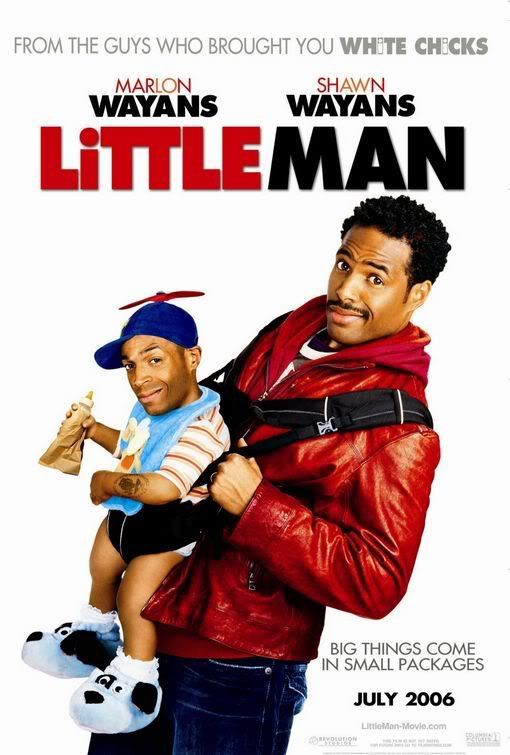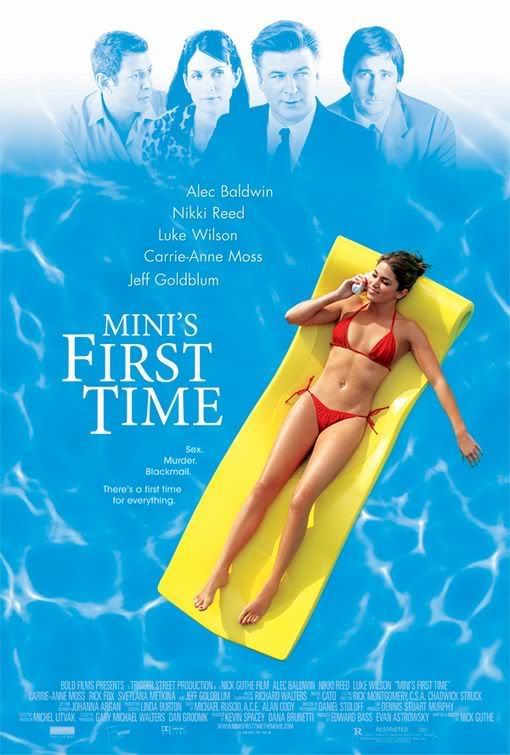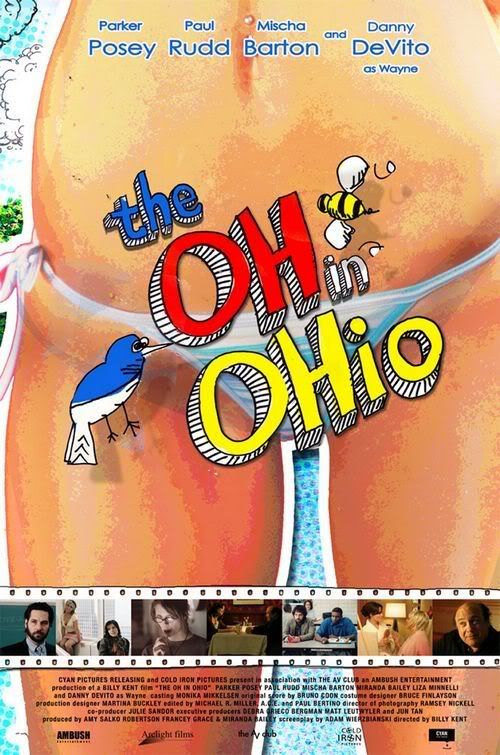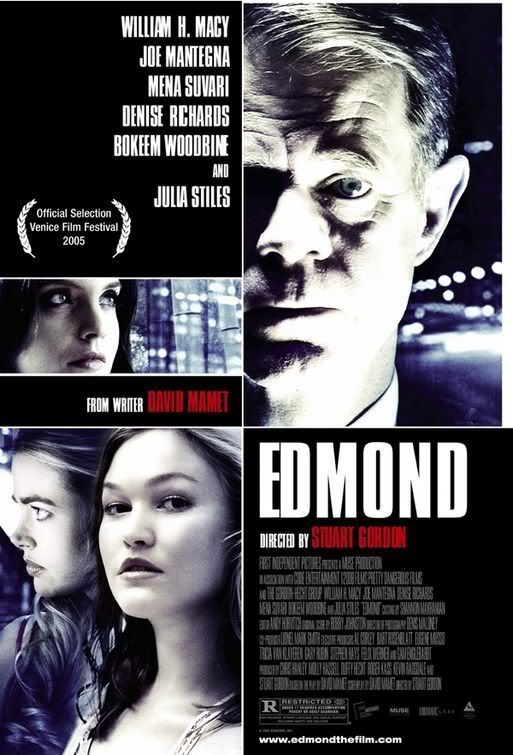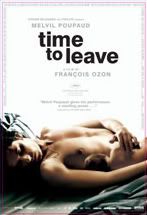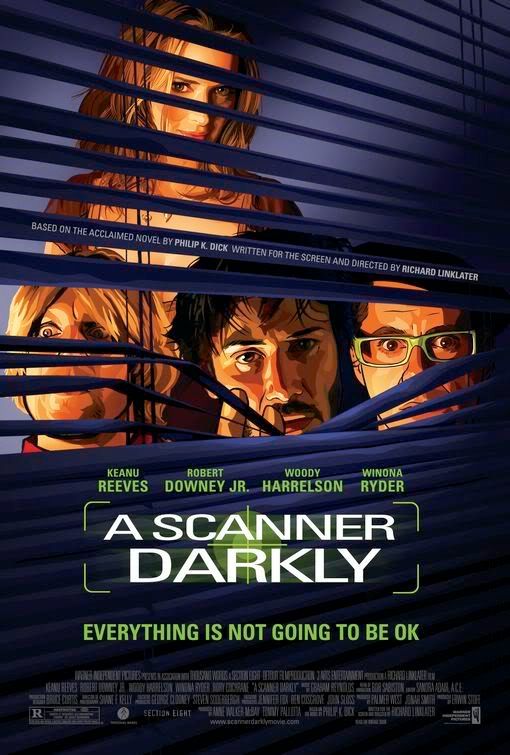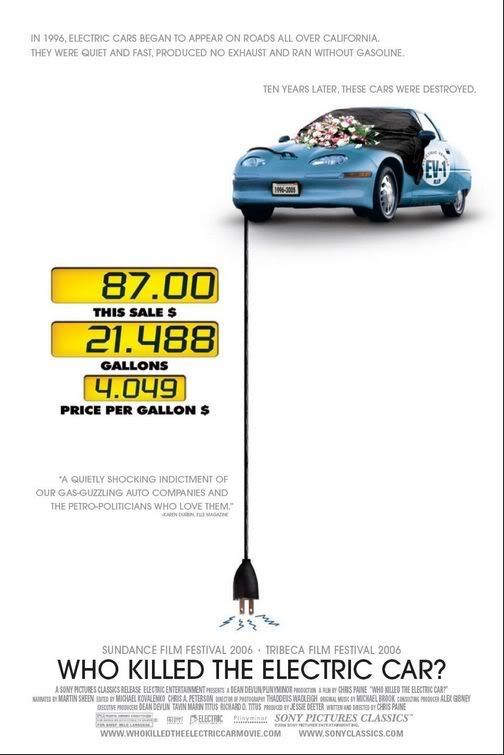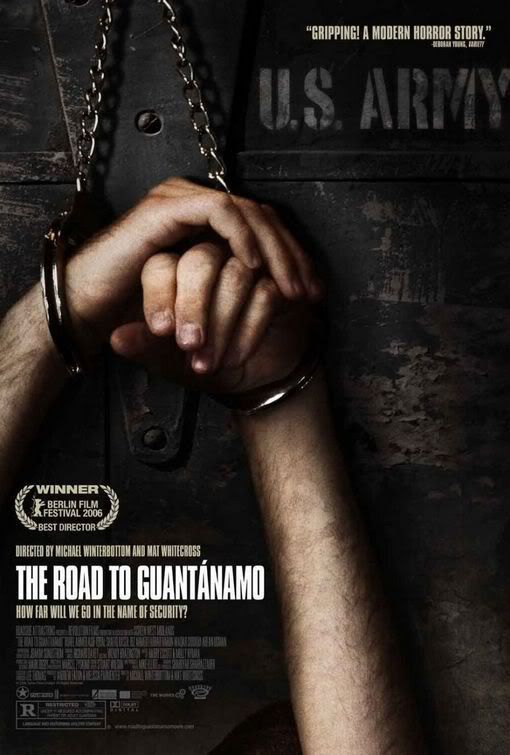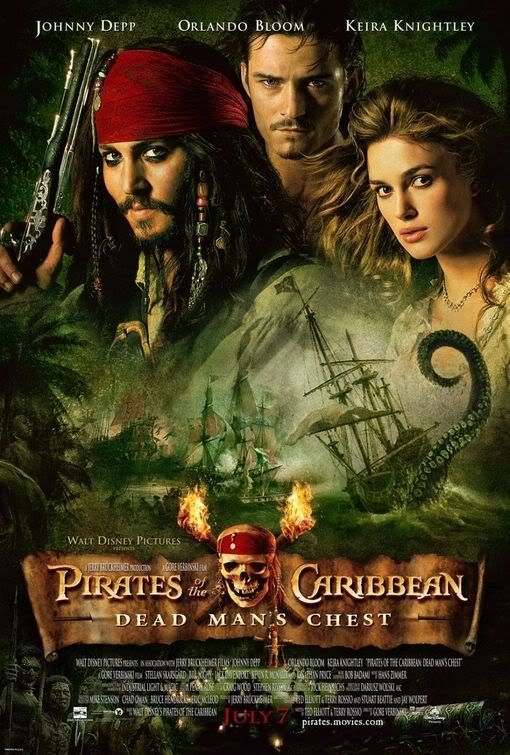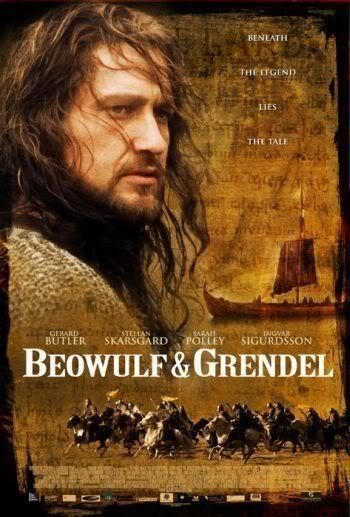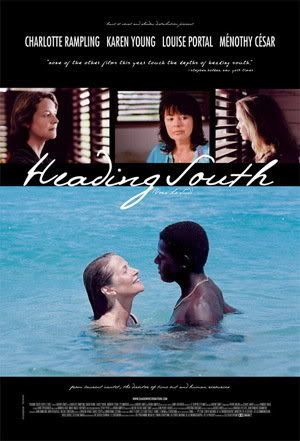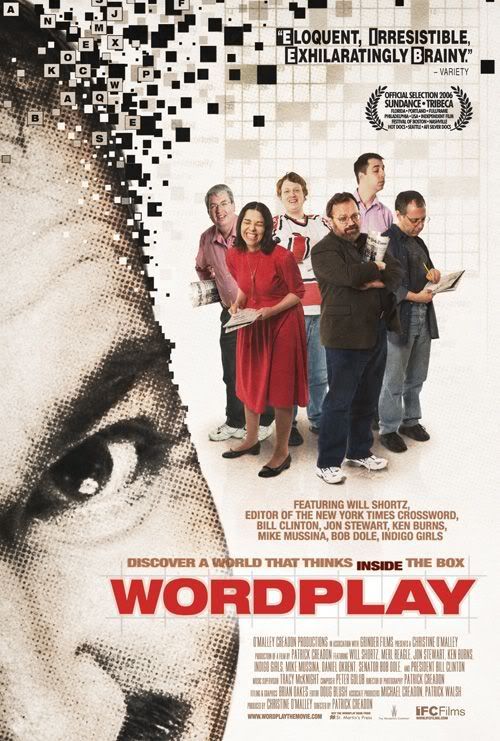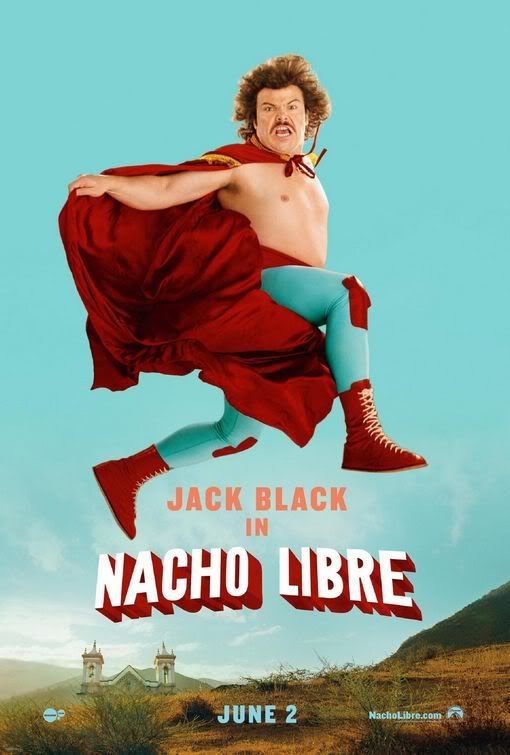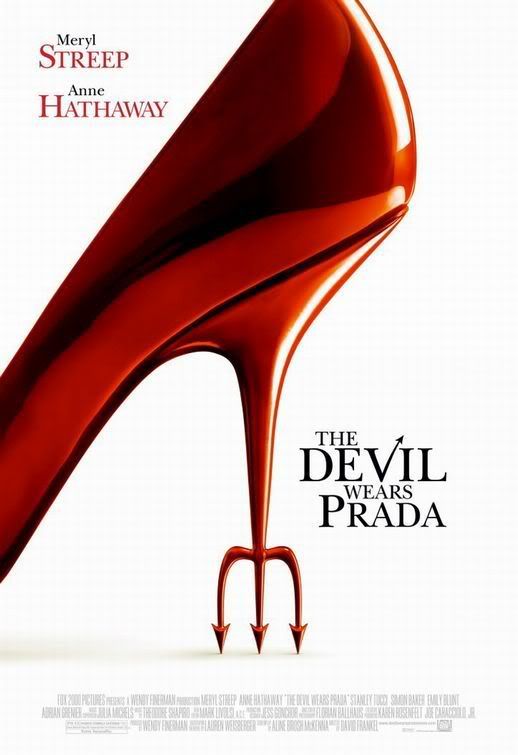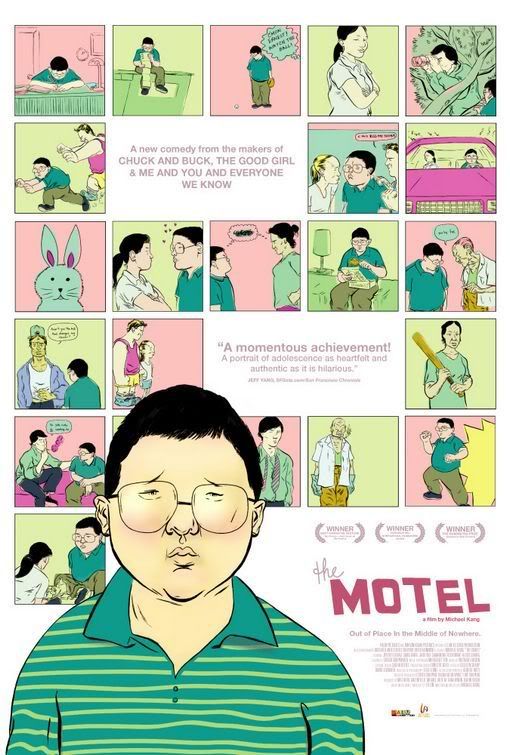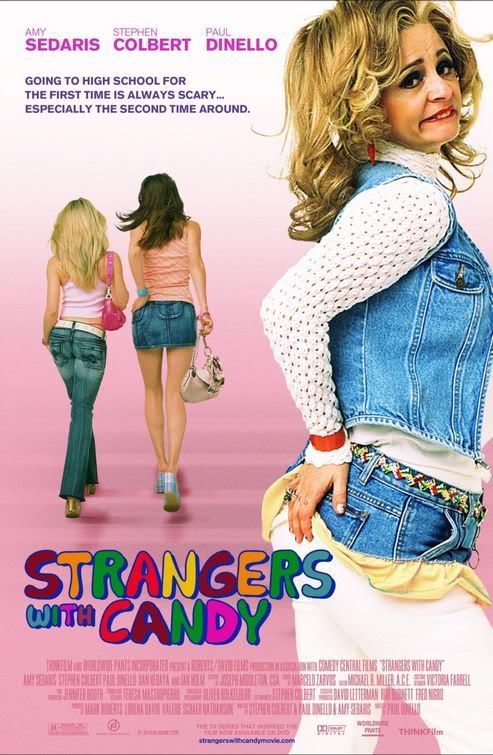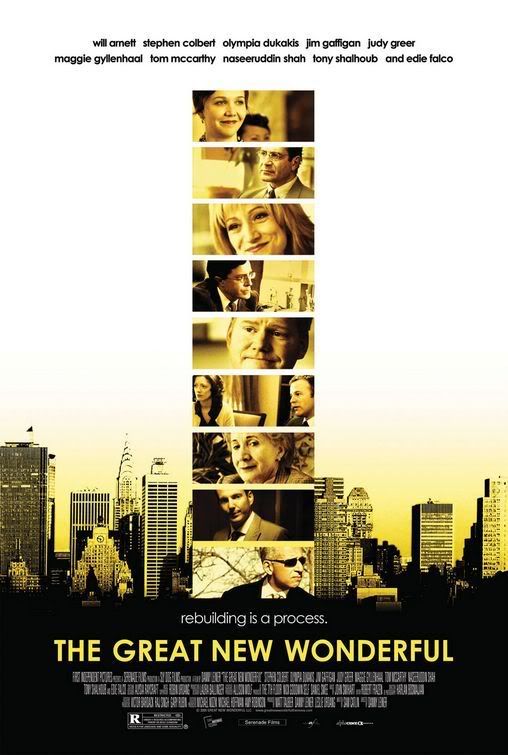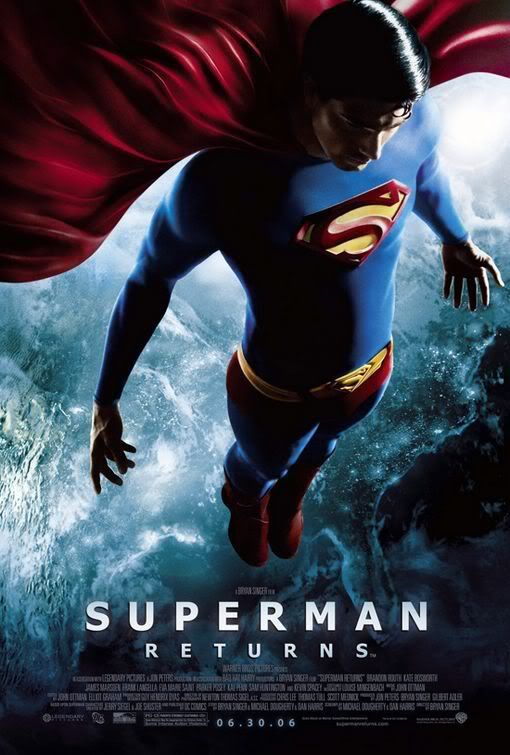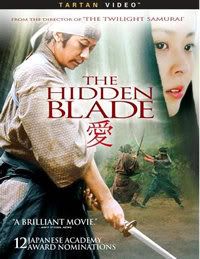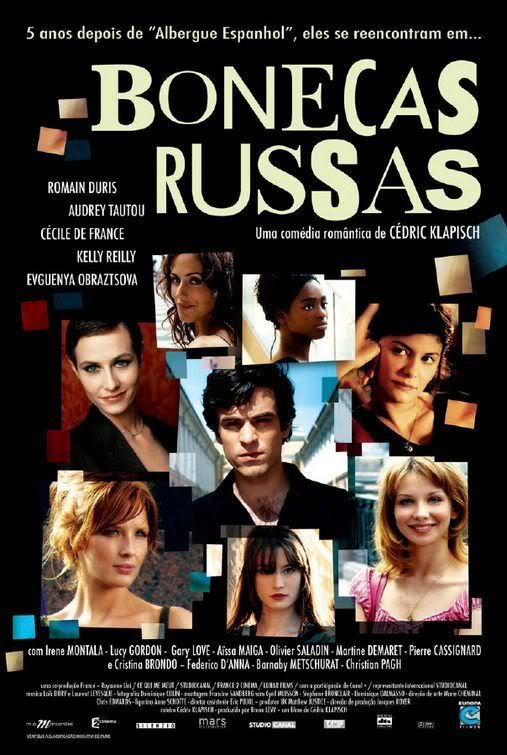My Super Ex-Girlfriend
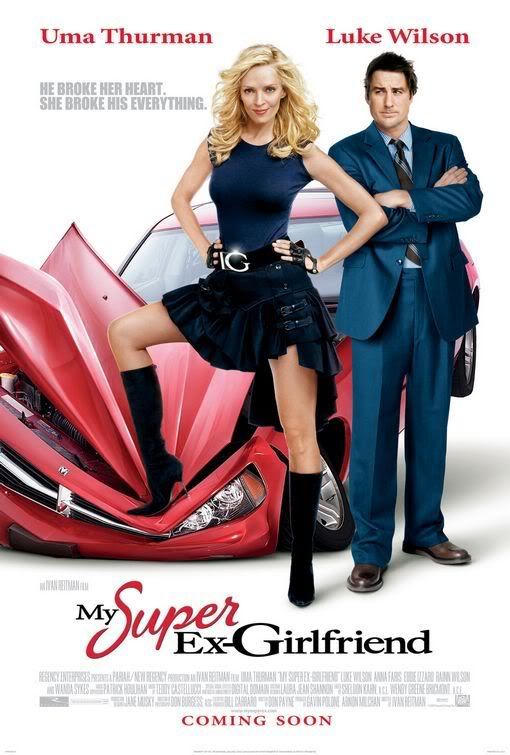 My Super Ex-Girlfriend **
My Super Ex-Girlfriend **"My Super Ex-Girlfriend" had the chance to be a refreshing break from the piles and piles of regular superhero movies that have been coming out lately. It had the chance to be a bitingly funny satire on the subject, but instead it just turned into a formula romantic comedy, with a laugh here and there. And it's a shame really, because it had potential to be a cool and fun way to spend a summer afternoon. But it can easily be skipped for something more entertaining and original(and after some of the movies I've been seeing of late, this one can easily be replaced).
"My Super Ex-Girlfriend" takes place in New York, where there is a hero there for the people to rely on when there is trouble. It's G-Girl, the blonde female superhero who doesn't like to be seen, flies are such a fast speed that nobody ever has time to even see what she looks like. When the film starts, she is in action, trying to stop a couple of bank robbers from getting away. The next day, the story of her heroic fight is on the front page of the newspaper, which nice guy, average New York citizen Matt Saunders, and his womanizing friend Vaughn are reading. They are distracted, however, by the appearence of a beautiful brunette haired woman, minding her business. Matt is convinced to go up to her, and ask her out, which she accepts, after he ends up chasing down a thief who snatches her purse. And they two start an odd relationship, especially since the girl, Jenny Jones, does very strange things. She's always excusing herself to go to the bathroom, when they fool around she ends up crashing the bed through the wall, among many other things. It all becomes clear when she reveals to Matt that she is G-Girl. That when she was in high school, she ended up touching a rock that fell from space and crashed in the forest, and that is how she was blessed with all these powers. Matt is amazed by his luck, until he starts to see the downside to Jenny's personality. She's extremely jealous, and freaks out when is appears that Matt is digging one of his co-workers, Hannah. And that is when he decides to break it off with her, which is when she decides to make his life a total miserable experience.
And after the halfway mark, this movie becomes a total miserable experience. It becomes a trifle too predictable for my taste, and it's quite obvious where the story is going. And usually I don't mind this. If the movie is entertaining, who cares if it becomes predictable? Especially in genres like this. . . but alas, it doesn't do the comedy well enough. It has moments, but the Jenny character gets a little too creepy, and stalkerish. What is so great about Matt that she has to throw a shark through his window to get even with him? Oh, and I forgot the subplot about the evil villian-Professor Bedlam who has history with Jenny. Back in high school, they were the best of friends, until the night that she got her powers, which was when she started to ignore him. And now he wants to get back at her. . . oh great, yet another predictable high school trama story.
And yet, I did give the film a two, which means that it had to have been worth something, at some point. And I guess it does have some laughs, especially during the first half. Rainn Wilson, who is one of the best parts of TV's "The Office" has some funny lines. Luke Wilson is alright doing what he does best, the nice guy act. And Uma Thurman is always fun to look at. I could have lived without Wanda Sykes, who just proved to be a lame and useless character. She's the one that always catches Luke Wilson looking at his co-workers in a way that could be deemed as sexual harrasment. But the actors deserved a better script. Instead of making a romantic comedy, the screenwriters could have focused on a satire, and it could have ended up becoming more fun than it was. "Super" this movie is not. You can find a better way to spend your time.
